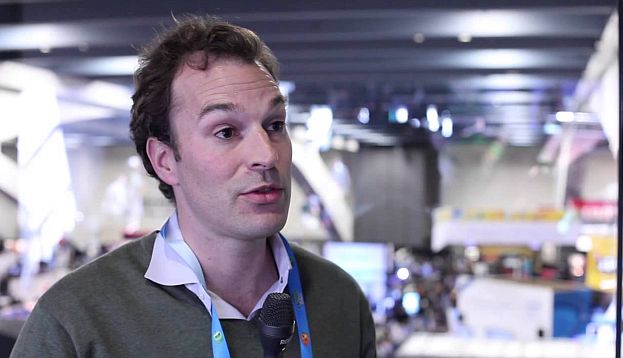While it’s always nice for a company to push multiple best-selling games out the door, it’s all for naught if they aren’t good ones. Fortunately, it appears that Gameloft is taking a new approach that will focus more on the quality of its upcoming games, rather than the count.
Gameloft vice president of publishing for the Americas, Baudouin Corman, believes this will be a change that leads to “fewer, bigger, better” titles. “That’s our case, and the case of a lot of competitors,” Corman said. “We used to launch 30 games on smartphones or tablets [annually]. This year we’ll launch 12 to 14 games, but we didn’t reduce the number of developers, so the numbers speak for themselves. We develop less games, but with more investment on each game . . . We see some companies making a very good living with just one, two, or three games. So when you have one successful game, it can be so big, you don’t need too many other titles.”
It’s not easy to make such a switch, as the mobile market as a whole continues to expand, with growing interests in new genres and releases. However, this change will bring a six-month add-on to development time, going from 12-18 months to 18-24 months.
There are a number of market forces pushing mobile developers in this direction, Corman believes, with justification in the market for stronger investments and the ability to transition to a free-to-play stance, which isn’t always easy with the format of the games.
As far as free-to-play goes, “I’m not saying we’ll never do premium, but when we look at the opportunities and how much we can invest in a game, the opportunities are much bigger with a free-to-play game than a premium game today,” Corman said. “These are the dynamics of the market . . . Things are changing so fast that what’s clear today could be different tomorrow. It would be easy to say premium is obviously done forever. But the truth is for now, free-to-play is dominating. Tomorrow, who knows
“This market is really switching from feature phones to smartphones very fast,” Corman concluded. “It started like 12 months ago, and few companies working in South America were expecting the switch to be that fast.”
Source: GamesIndustry International

